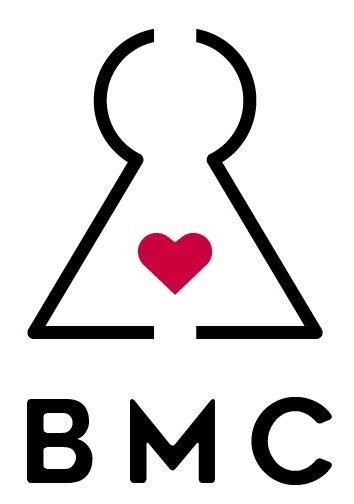Mindful Self-Compassion for Teens
Do you remember how it was to be a teenager? What it was to be you, what were the challenges you had to go through, on the journey of becoming an adult?
As far as I am concerned, I know I would not go back to my teenage-hood for anything. The world seemed dark at that time, I could not comprehend people or myself, I had regular insomnia due to academic performance anxiety, and I was oscillating between a narcissistic pride for my high academic achievements and a deep sense of worthlessness in social settings. It took me about 25 years to start loving being me, taming my anxiety, setting my own standard of success, and learning how to interact with people in a way that feels enjoyable. And I am still on that journey ten years later.
Adolescence is a complex period of life. It is a time when huge biological changes happen in the brain and the body. Challenges appear such as difficulty in finding social acceptance and self-esteem. Some teens find support and a sense of belonging in their peer group, for the best and the worst, while others may struggle with social anxiety and loneliness or being bullied or bullying others.
This is even truer at the age of social media, and at a moment in history when for the past two years schools have been on and off going online, letting the adolescents out of sight of adults for long periods.
Besides, research shows that adolescents face stronger, more frequent, and less stable emotions than children and adults (Bailen, Green & Thompson, 2019). For example, when teenagers feel rejected or excluded, they respond more strongly with low mood, increased anxiety, shame, and a high level of self-criticism.
Difficult emotions are part of the game. The key for adolescents is to learn healthy strategies to navigate those difficult emotions, as opposed to unhealthy strategies, at a point in development when the brain is still under construction. How can we, teachers and parents, support teens in finding a helpful, adaptive response to suffering? Self-Compassion is one answer. Research has shown that teens who score higher on self-compassion tend to show lower symptoms of depression, anxiety, and stress.
The concept of self-compassion is not new, and in the past twenty years it has been further conceptualized and researched by Dr. Kristin Neff, who declines it into three main components:
Mindfulness means being aware of our struggles and difficult emotions, and not to over-identify with them
Self-kindness means meeting them with a kind, caring attitude instead of harsh self-criticism
Common humanity means remembering that imperfection and suffering are part of the human experience.
Here are ways that you, as a parent or a teacher, can support your teens to be more compassionate towards themselves:
1# Mindfulness: See the suffering - Name the feeling that is present
“This is tough having all these big feelings. It looks like you’re suffering.”
“Anxiety is not easy. I’m sorry you are having a hard time today.”
“I see that you are frustrated that your homework that is due tomorrow”
( Note: You do not have to agree with the teen during a disagreement - but notice the discomfort)
2# Common humanity: You are not alone
“You are not alone in feeling this way.”
“There is nothing wrong with feeling this way- Lots of teens feel the way you do.”
“I felt the same way when I was a teen.”
3# Self Kindness- Suggest a compassionate response to suffering
Offer ways to gently let go of the overwhelming emotions by turning toward the difficulty.
“What do you need right now?”
“Do you need to walk?”
“What feels tight… breath into it and soften muscles.”
“Can you take 3 breaths with me?”
This way of speaking to your teens might feel a bit awkward at first, and I strongly suggest that you practice self-compassion as well, so it flows naturally. Please contact Dalida Turkovic if you want to get trained in Mindful Self Compassion for adults (Wechat: dalidaturkovic).
I took the adult program twice as a participant with Dalida at the BMC in the past couple of years. It supported me a lot in changing the narrative of my mind and I now just finished my formal training as a teacher of Mindful Self Compassion for teens. I have a sense of urgency for sharing this program with the teens of our community in Beijing, equipping them with tools that are needed more than ever in those troubled times.
I invite you to join a free intro session to Mindful Self-Compassion on Wednesday 18th, 7pm to 8:30pm, for you to have a taste of what it can provide for you and your teens. Please scan the poster to register.
About 8-Week MSC-T Program
The journey starts on 25th May 19PM - online
More information and Registration
via the QR code below








